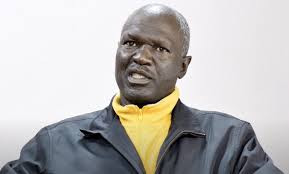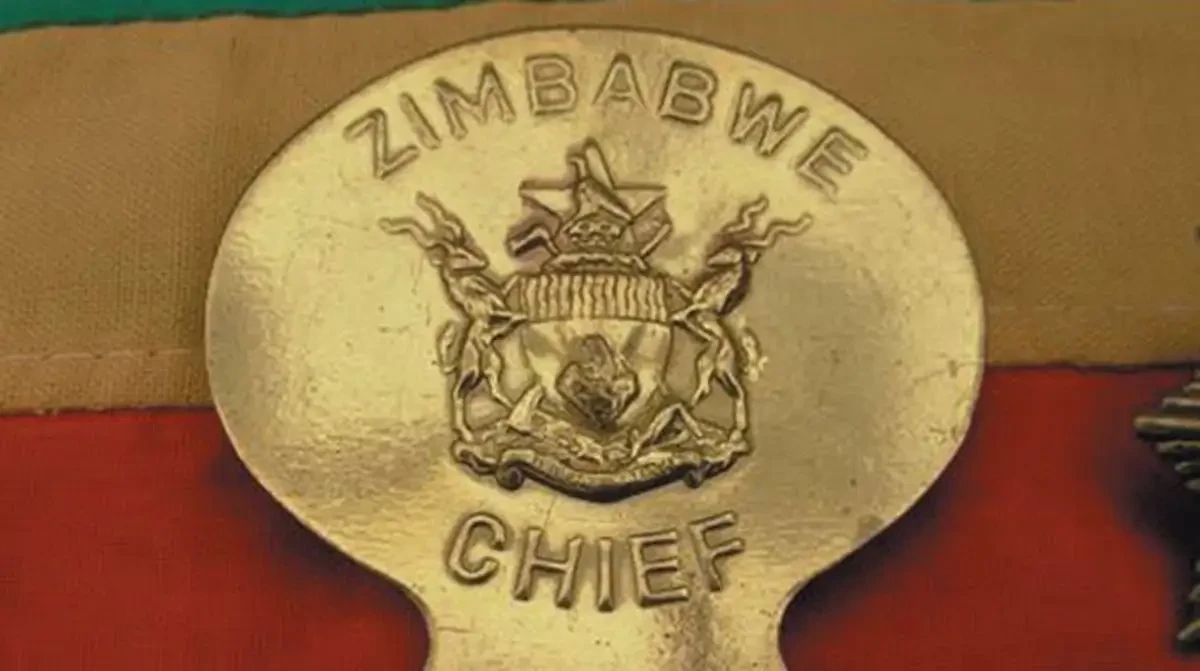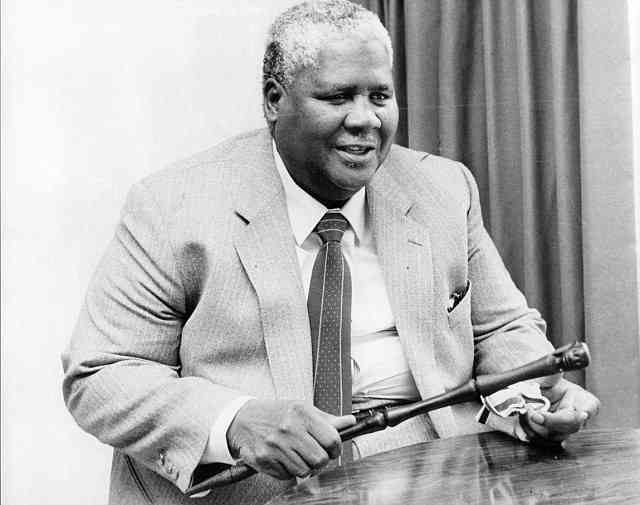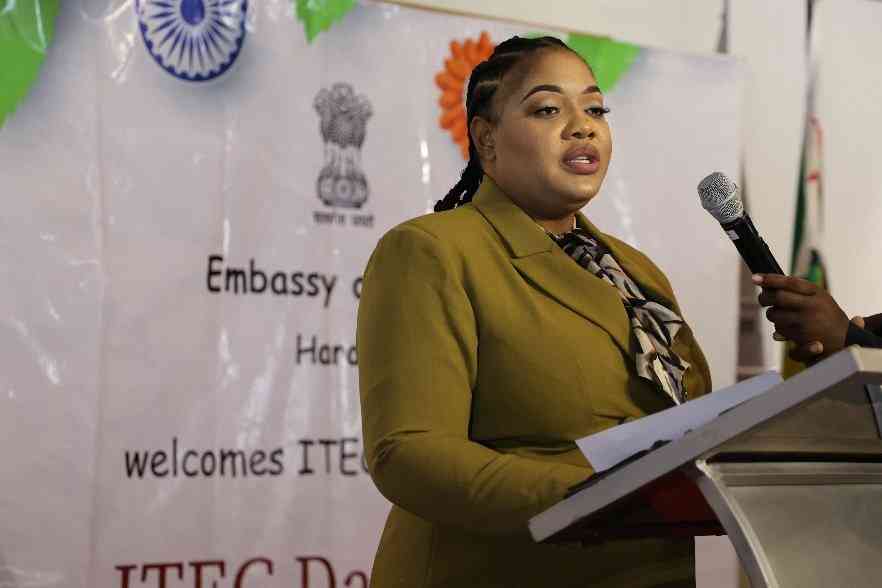
A COUNCILLOR in Bulawayo has called on the municipality to ensure it is in charge of the proposed water utility, adding that he would support the entity if it were wholly owned by council.
In an interview with Southern Eye, ward 25 councillor Aleck Ndlovu said he would support a water utility solely owned by the local authority as opposed to the model the government implemented in Harare.
He said when Local Government and Public Works minister Daniel Garwe visited Bulawayo, he maintained that he was pursuing the idea of privatising water in the country’s second largest city.
“We had an engagement as a local authority with the minister last week and he did not mince his words on the issue of privatising water in Bulawayo,” he said.
“Just as has been done in Harare, they are determined to do what Bulawayo residents have been saying they are afraid of. He said the Harare model would be coming to Bulawayo.”
Ndlovu said councillors would assess the public water utility and see whether it is a good model, adding that everything would depend on whether they endorse it.
He underscored the need to have the water utility owned by the city
“I believe that the water utility should be wholly owned, administered, controlled and run by the City of Bulawayo and it is the best way to go. This is because it will be residents who own the public utility,” Ndlovu said.
- Revisiting Majaivana’s last show… ‘We made huge losses’
- Edutainment mix: The nexus of music and cultural identity
- ChiTown acting mayor blocks election
- Promoter Mdu 3D defends foreigners 30 minute set
Keep Reading
“It will still have a lot of funding channelled towards the water account because the water utility that we want to create comes up with what is called ring-fencing the water account revenues,” he said.
Ndlovu said this meant that the water account would be directed to upgrading infrastructure, making sure they acquire department service vehicles, bowsers, tools and equipment of trade that is needed in that department.
Garwe recently revealed that government was “seriously considering” privatising Bulawayo’s water supply system, similar to the model implemented in Harare.
He, however, said government would evaluate the Bulawayo City Council’s (BCC) alternative proposal for a municipally-owned water utility before making a final decision.
Garwe said this at a Press conference held after a stakeholder meeting at the BCC chambers last week on Thursday.
He said government was looking at ways to address the water situation in Bulawayo and mentioned that privatisation remains the preferred government approach.
Garwe said they had been looking at Bulawayo water provision in various areas, including drawing the precious liquid from Gwayi-Shangani Dam, which is under construction right now.
He said government was aware that the Gwayi-Shangani Dam was now 70% complete, while the pipeline was under construction to bring water to Bulawayo.
He outlined the benefits of privatisation, including prepaid water metering, which ensures residents pay only for the water they receive, similar to the Zesa billing system.
Last month, the Matabeleland Institute for Human Rights urged Bulawayo residents to reject plans to privatise water services.
The government recently revealed that it will begin negotiations with private companies and BCC announced plans to form a company to manage water services.
Reports indicate that the Bulawayo Municipality has engaged Vitens Evides International, a Dutch water utility, to manage the city’s water and sanitation services.
Critics have raised fears that council will eventually hand over water management to a private firm in much the same way it did with vehicle parking to Tendy Three Investments.
Matabeleland Institute for Human Rights director Khumbulani Maphosa said privatisation of water was an assault on the right to water.
He said the privatisation of water was likely to expose women and girls to abuse.
Government faced serious backlash following its decision to privatise water services in urban areas, including the signing of an agreement with a Chinese company through its local partner to build a new water treatment reservoir for Harare.









